Godzilla Reawakened in the Nuclear Age
"The Return of Godzilla" (1984), directed by Koji Hashimoto, returns the iconic monster with dark themes and striking visuals. Rated 6.8/10.
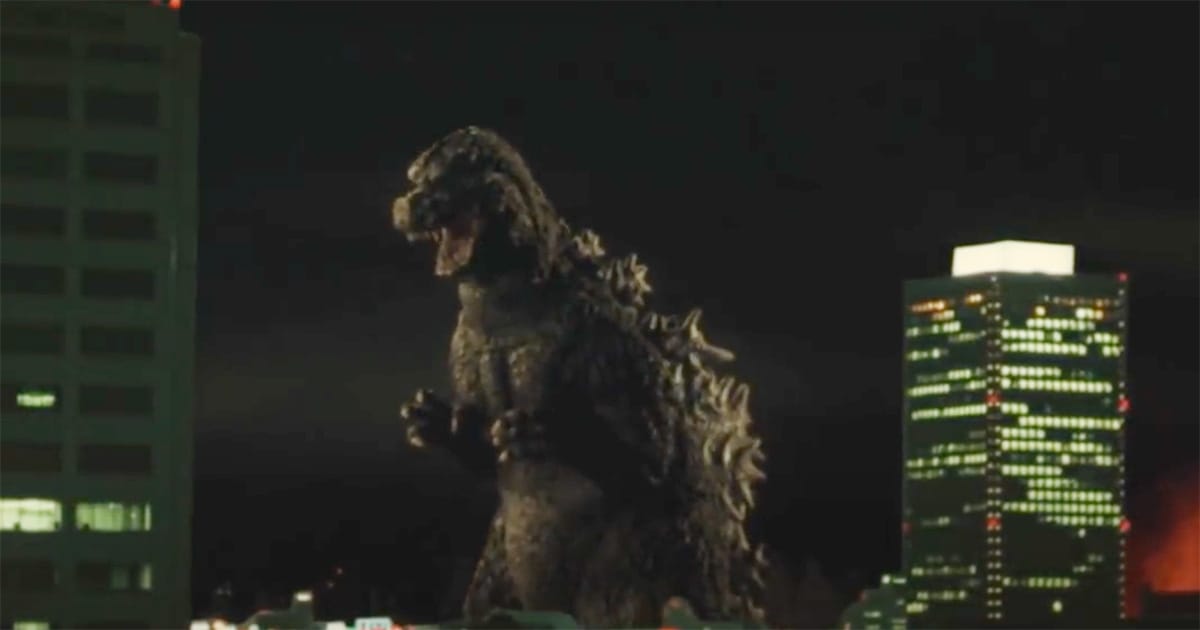
"The Return of Godzilla," released in 1984 and directed by Koji Hashimoto, marks a significant revival for the franchise, returning the iconic monster to his roots. This installment serves as both a direct sequel to the original 1954 film and a thoughtful reboot of the series, discarding the lighter tones established in many previous films.
The screenplay, penned by Shuichi Nagahara, reintroduces Godzilla as a force of destruction, embodying Japan's fears in the midst of geopolitical turmoil fueled by the Cold War. Starring Ken Tanaka as the intrepid reporter Goro Maki, Yasuko Sawaguchi as Naoko Okumura, and Keiju Kobayashi as the steadfast Prime Minister Seiki Mitamura, the film brings its cast into a world brimming with peril and political tension. Yet it is Professor Hayashida, portrayed by Yosuke Natsuki, who anchors the scientific effort to understand Godzilla and mount a rational response. His presence lends the film an analytical dimension, one that harks back to the original’s fascination with science as both savior and suspect.
With a brooding atmosphere and a narrative that leans toward the somber, "The Return of Godzilla" makes a deliberate effort to reclaim the chilling impact of the original film. It succeeds in many areas, offering moments of excitement and showcasing effects that are both grand and technically proficient.
However, it is not without its flaws. The characters are not always fully realized, and the story sometimes falters in its rhythm. Beneath the surface, the film touches upon the looming specter of nuclear power and the delicate tensions between nations, weaving a backdrop that is as intricate as it is unsettling. Into this world steps Godzilla once again, no longer merely a monster, but a symbol of the unpredictable forces humanity cannot quite control.
| Attribute | Details |
|---|---|
| Title | The Return of Godzilla |
| Director | Kôji Hashimoto |
| Writer | Fred Dekker, Akira Murao, Hideichi Nagahara |
| Actors or Actresses | Keiju Kobayashi, Ken Tanaka, Yasuko Sawaguchi |
| Rated | N/A |
| Runtime | 103 min |
| Box Office | N/A |
| U.S. Release Date | 15 Dec 1984 |
| Quality Score | 6.8/10 |
Synopsis
"The Return of Godzilla" opens with a fishing boat encountering a massive creature, which leads to the conclusion that Godzilla has resurfaced after decades of dormancy. The film quickly shifts to Tokyo, where a government task force grapples with the impending threat. As Godzilla advances toward the city, panic spreads among the populace.
Goro Maki, unrelenting in his pursuit of truth, soon becomes entwined with Naoko Okumura, whose younger brother narrowly escapes a deadly encounter with the creature. Though not a scientist herself, Naoko becomes an emotional conduit through which the audience experiences the unfolding catastrophe. Alongside them stands Professor Hayashida, a biophysicist whose measured intellect and methodical approach offer the only semblance of control in the face of chaos. It is he who begins to decipher the enigma of Godzilla’s behavior and who proposes a plan grounded in knowledge rather than brute force.
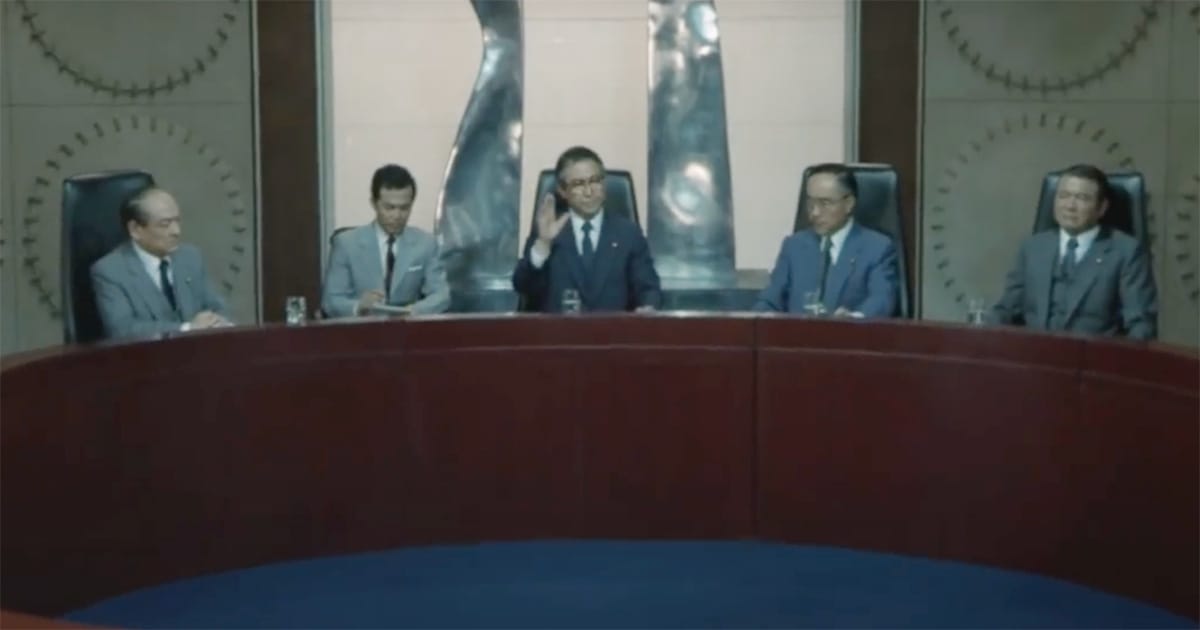
As the story unfolds, the Japanese government struggles to respond effectively, weighed down by internal politics and fears of international repercussions. Maki navigates the corridors of power and uncovers the inertia of bureaucracy, it is Professor Hayashida who truly advances the narrative’s central problem. Drawing upon scientific observation and a deep concern for humanity’s future, he formulates a strategy to lure Godzilla into the volcanic depths of Mount Mihara. It is a solution born not of desperation, but of deliberate thought. Maki, for his part, supports the effort with clarity of purpose, bridging the divide between public awareness and governmental hesitation.
The climactic battle ensues when Godzilla reaches the heart of Tokyo, resulting in widespread destruction. Military attempts to contain the monster fail, but a last-ditch effort focusing on a controversial weapon emerges. The film underscores the psychological weight of nuclear technology and the consequences of humanity's own creations. In the end, "The Return of Godzilla" leaves audiences with a sense of unresolved tension, prompting reflection on the power humans wield and the monsters they may unleash.
Themes
"The Return of Godzilla" invokes a sense of dread, compelling audiences to confront the fear and vulnerability inherent in the human condition. From the moment the film begins with the destruction of the fishing boat, viewers understand they are in for a grim journey. The stark tension mounts quickly, reflecting a world teetering on the brink due to unresolved conflicts and the specter of nuclear disaster.
Among the film's most compelling themes is the havoc unleashed by both technology and nature. Godzilla represents this contradiction. He stands as a creation of mankind's overreaching ambition and, at the same time, serves as an ominous reflection of the unintended consequences that often follow scientific progress. As he moves through Tokyo, tearing through buildings and shattering order, the portrayal of devastation becomes almost mesmerizing. The filmmakers rely on practical effects and miniature sets to conjure a scene of destruction that feels both tangible and grand. The sound design works in harmony with these visuals. Godzilla's roars echo with a raw intensity that fills the theater and leaves a lasting sense of unease well beyond the final frame.
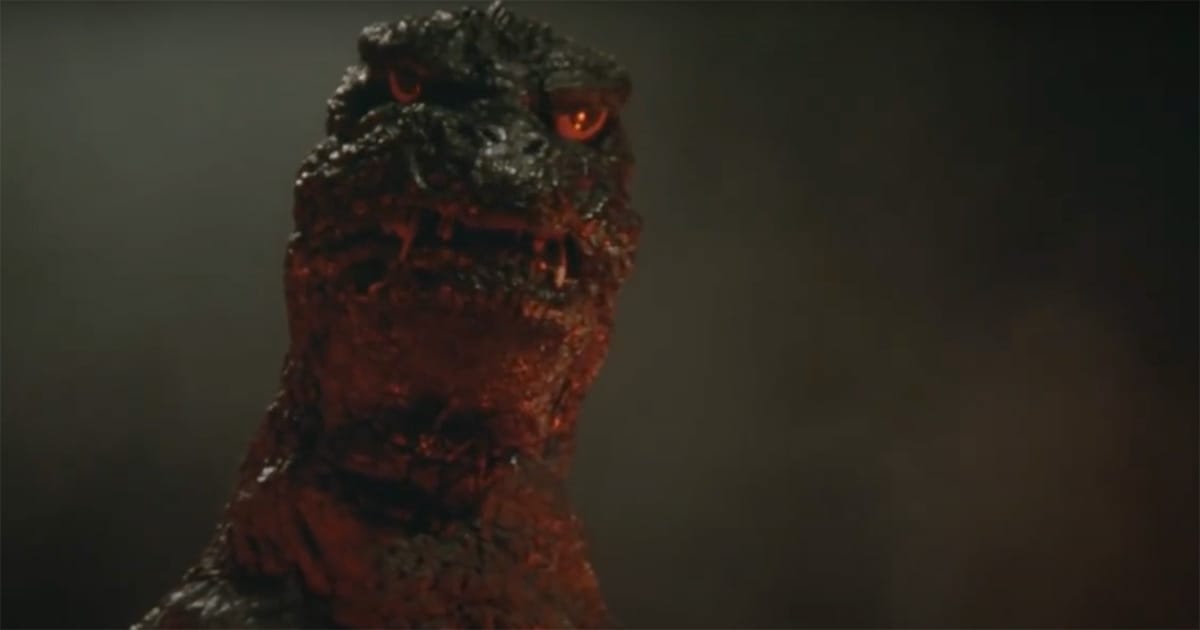
Throughout the narrative, the characters grapple with their ethical obligations in the face of disaster. Goro Maki's character represents the relentless pursuit of truth journalism, as he fights to uncover the reality of Godzilla's resurgence. Conversely, the government officials showcase the often slow and burdensome nature of bureaucratic decision-making. This characterization emphasizes the struggle between individual action and collective inertia—an eternal conflict that remains relevant today.
The film captures a sense of isolation and despair that unfolds against a backdrop of political unrest. Set during the uneasy climate of the Cold War, "The Return of Godzilla" dares to examine the fear that lingers beyond the creature itself. The government's hesitation to deal with Godzilla reflects a deeper anxiety. It reveals how uncertainty and conflict among nations can be just as threatening as any monstrous force. The story suggests that the real danger may lie not in the beast, but in human indecision and the fragile web of diplomacy. Beneath the spectacle runs a persistent question. What is humanity willing to give up in the name of security? The film challenges its audience to consider this, offering no easy answers but much to ponder.
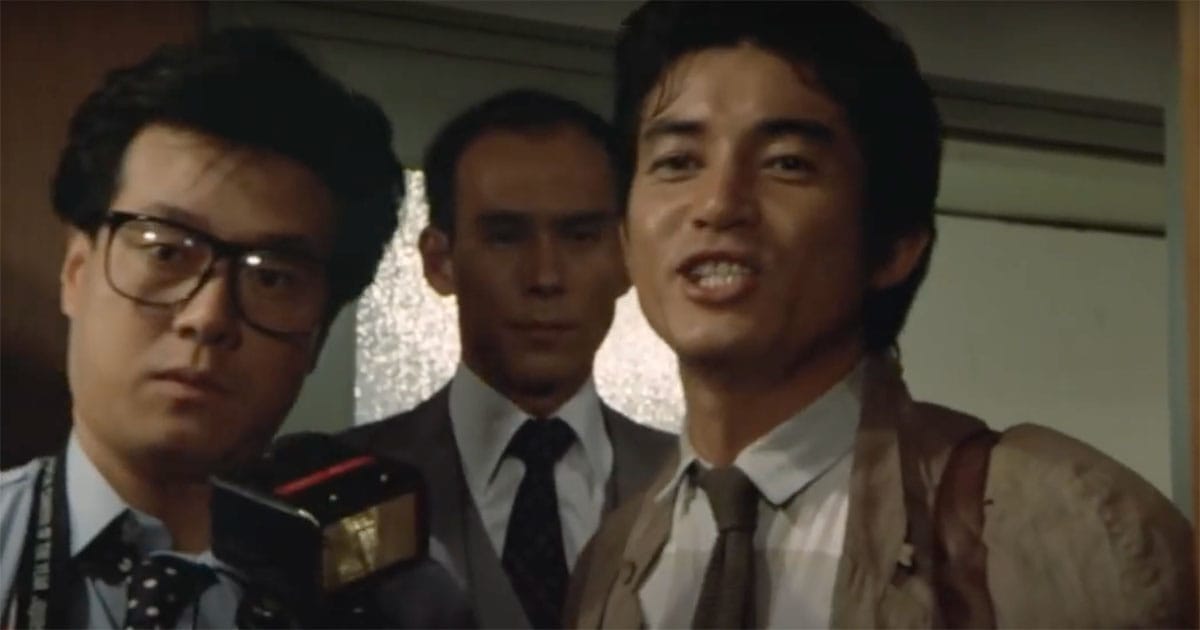
Godzilla serves as a metaphorical representation of nature's retribution—an awakening fueled by human destruction and negligence. Critics often interpret Godzilla's rampage as a call to acknowledge the devastating effects of nuclear weapons and energy practices that threaten not just Japan, but the entire world. This thematic depth elevates the film beyond mere monster spectacle, offering reflections on our relationship with nature and the ethical ramifications of our actions.
The film elicits empathy not only for its human characters but also for the monster himself, trapped in a cycle of violence that he cannot escape. The rich storytelling, combined with a masterful blend of suspense and destruction, fosters a viewing experience that is both thrilling and contemplative. As viewers exit the theater, they leave not just with images of a monstrous force, but with a lingering awareness of the profound fears that fueled Godzilla's return—a poignant reminder of the struggle for balance between human advancement and the forces of nature that loom ominously in the background.
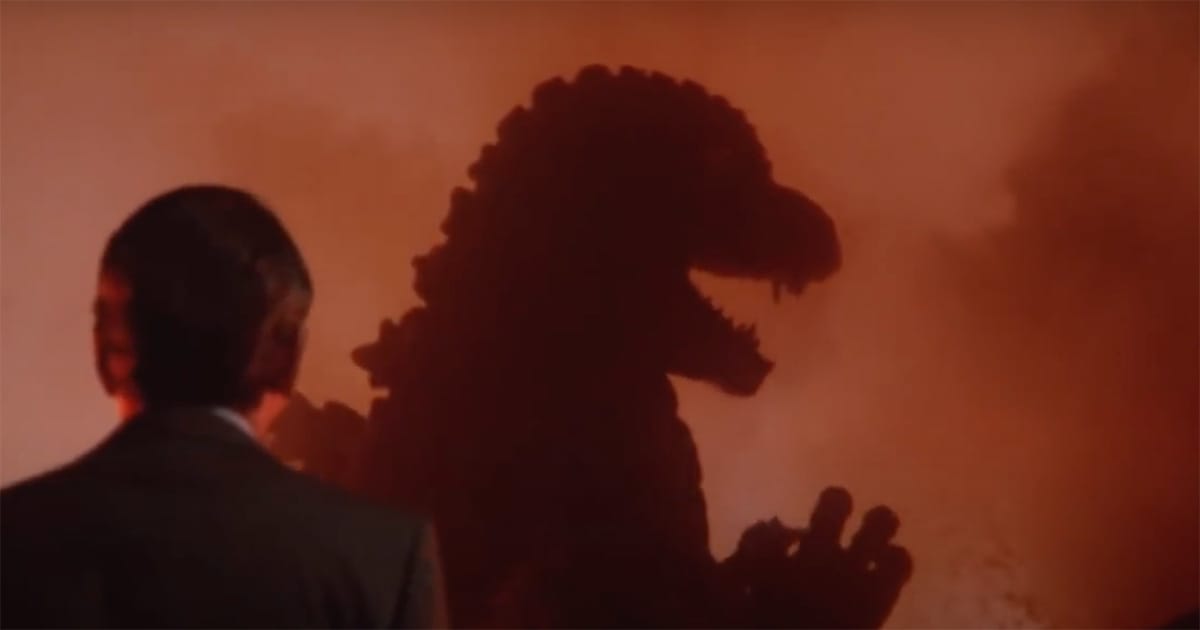
Who Will Enjoy The Return of Godzilla
"The Return of Godzilla" offers an engaging experience for a variety of viewers, extending beyond those who traditionally enjoy monster films. Fans of political thrillers may find value in the film's exploration of bureaucratic paralysis and moral dilemmas in the face of catastrophe. The interplay between governmental decisions and urgent action resounds with anyone interested in how societies respond to crises.
Likewise, those who appreciate environmental themes will find content to ponder within this narrative. The movie serves as a stark reminder of humanity's impact on nature, making it especially relevant for viewers concerned about the consequences of scientific recklessness. The film encourages reflection on the balance between progress and preservation, inviting audiences to consider these pressing issues as they watch.
Moreover, fans of classic science fiction will appreciate this film as a pivotal moment in the Godzilla franchise. Its return to darker themes and serious storytelling contrasts sharply with the lighter fare found in countless sequels. The authentic special effects and atmospheric score will transport viewers to an unsettling world, making it a compelling choice for anyone interested in the history and evolution of science fiction film.
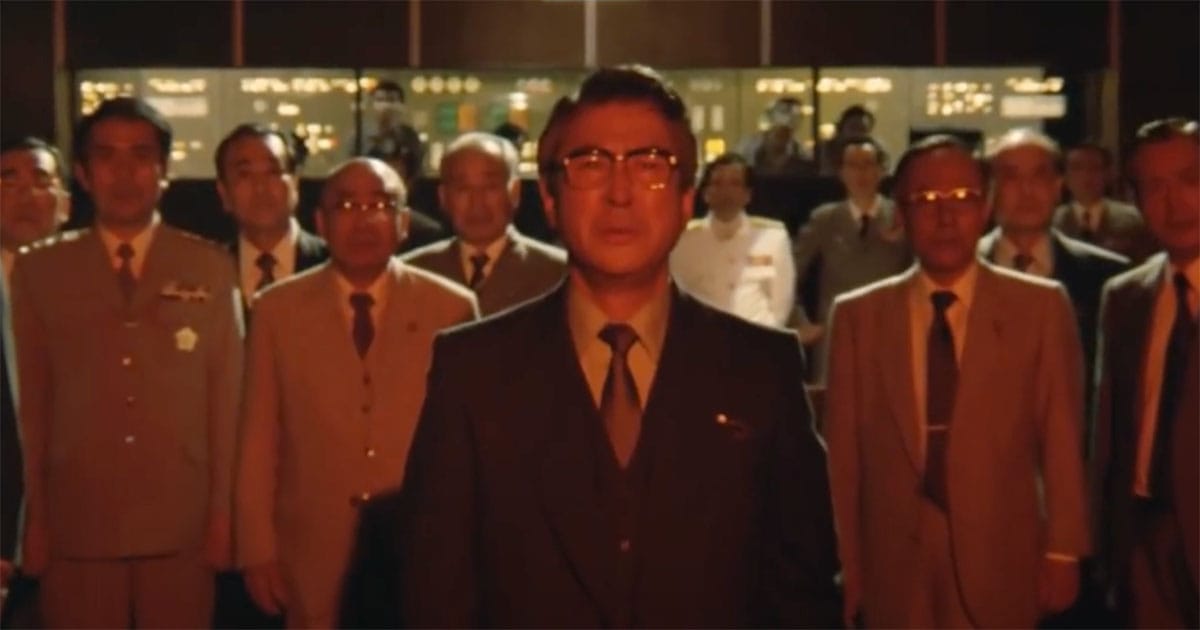
"The Return of Godzilla" stands out for its blend of human drama, political commentary, and environmental caution. The film navigates complex themes while delivering thrilling sequences that captivate audiences. Its ability to spark reflection on the consequences of human actions makes it a significant entry in the science fiction landscape. Whether one immerses in its spectacle for the horror of the monster or engages with its underlying messages about humanity's responsibilities, the film promises a thought-provoking experience.

